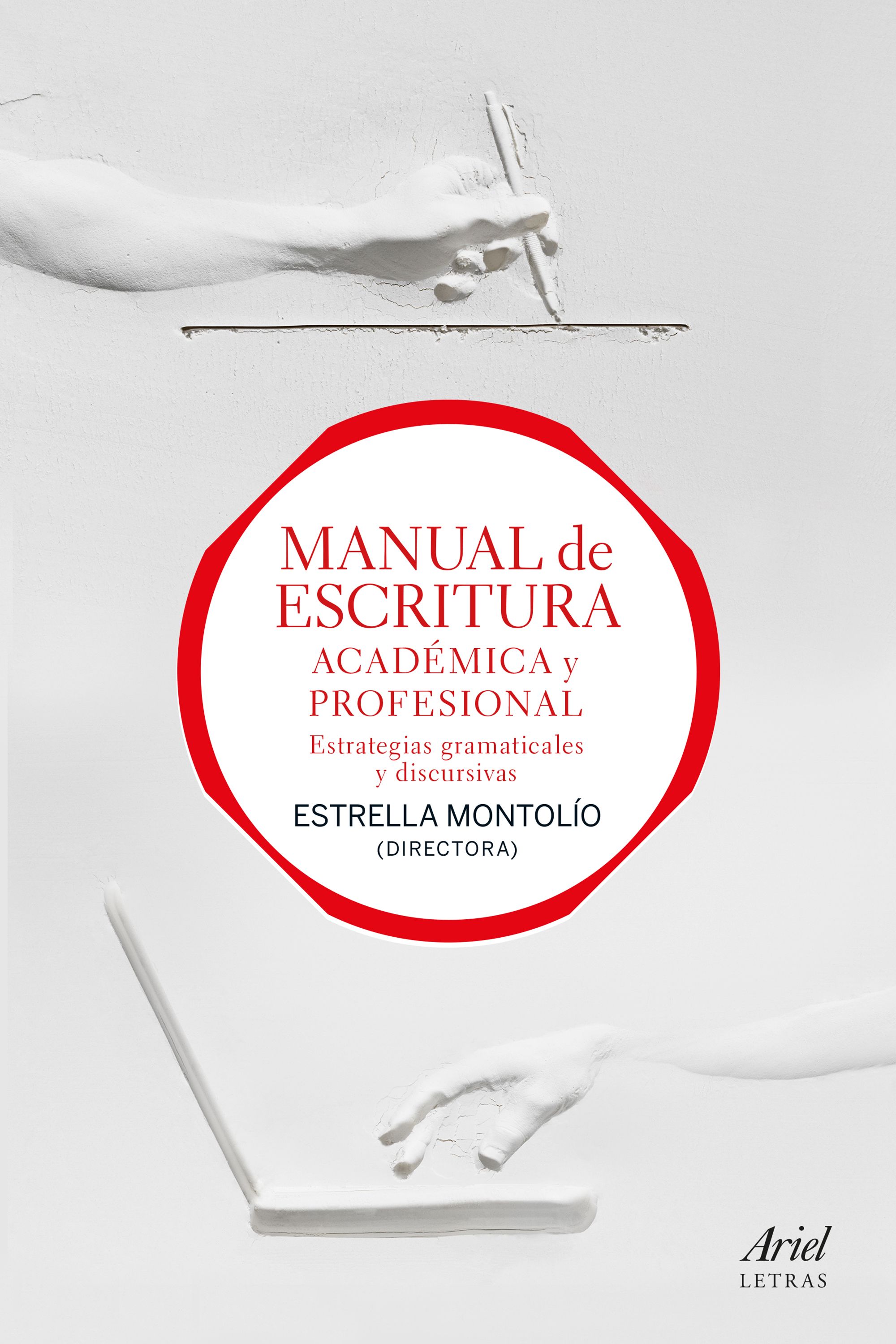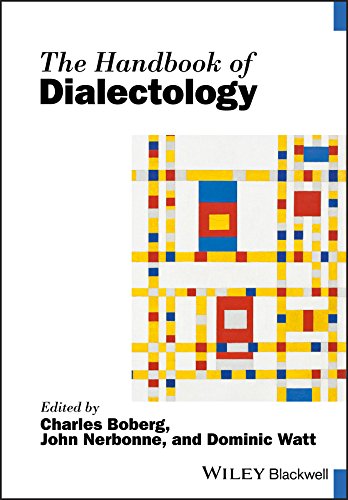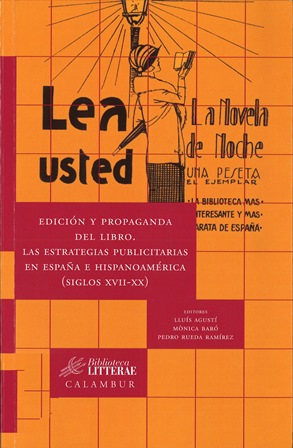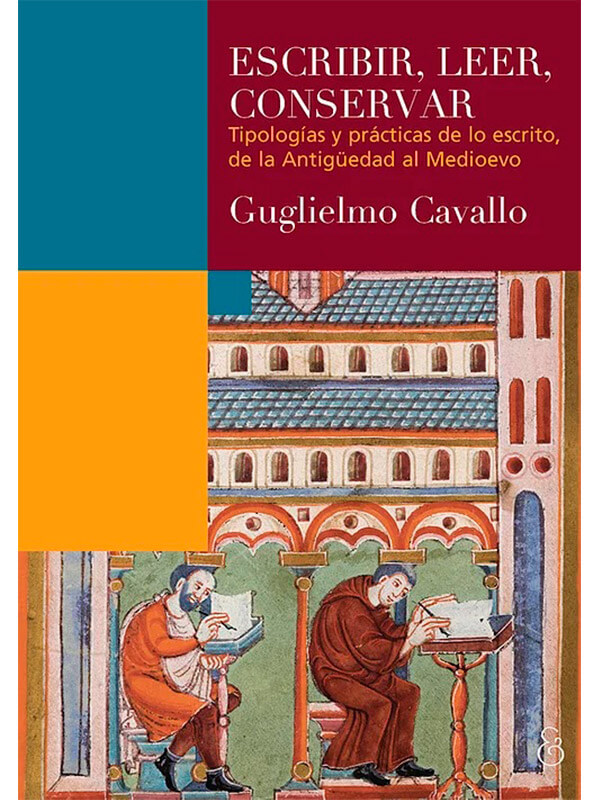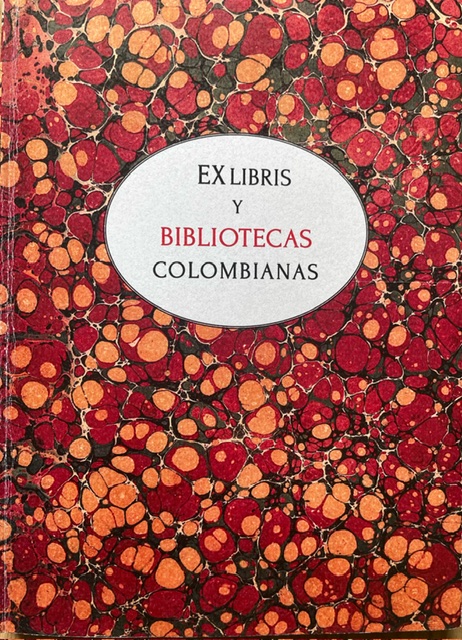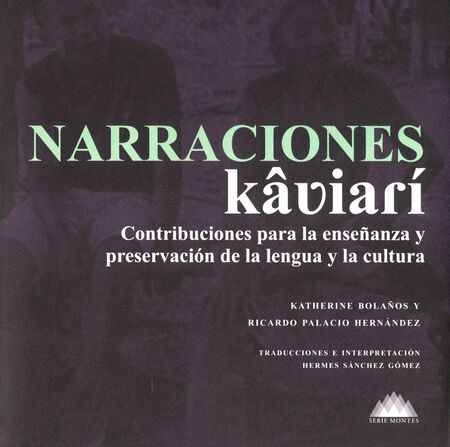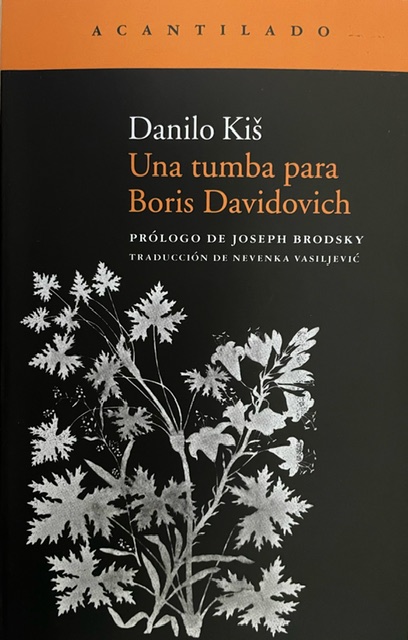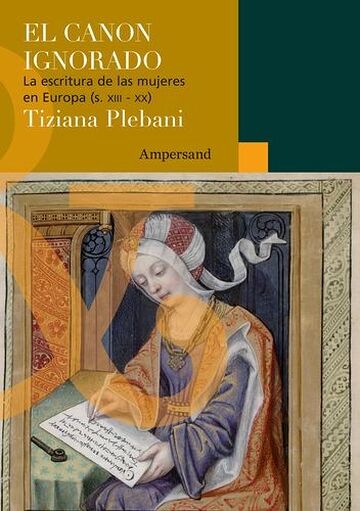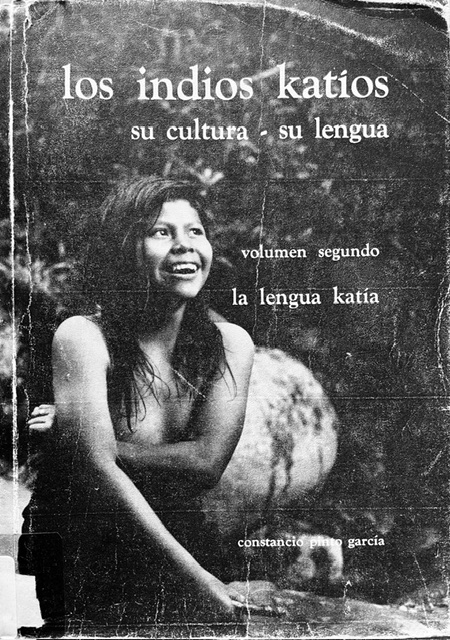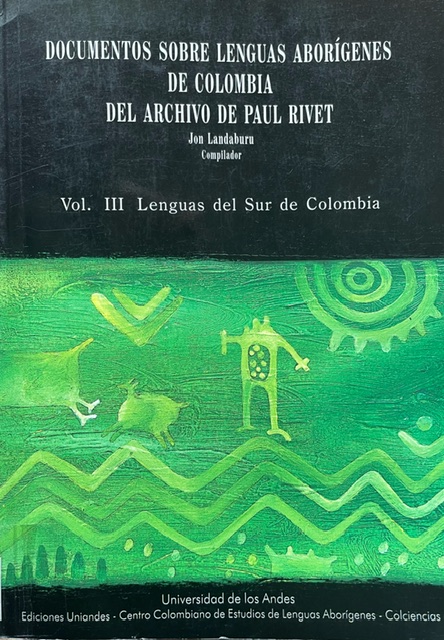Exploring vocabulary : language in action / Dee Gardner
Tipo de material: TextoIdioma: Inglés Series Routledge introductions to applied linguisticsEditor: Nueva York : Londres : Routledge, 2013Descripción: xi, 212 páginas ; 23 cmISBN: 9780415585453Tema(s): Inglés -- Vocabulario | Inglés -- RetóricaClasificación CDD: 428.1
TextoIdioma: Inglés Series Routledge introductions to applied linguisticsEditor: Nueva York : Londres : Routledge, 2013Descripción: xi, 212 páginas ; 23 cmISBN: 9780415585453Tema(s): Inglés -- Vocabulario | Inglés -- RetóricaClasificación CDD: 428.1 | Tipo de ítem | Ubicación actual | Colección | Signatura | Copia número | Estado | Notas | Fecha de vencimiento | Código de barras |
|---|---|---|---|---|---|---|---|---|
| Libros | Sede Centro | Colección General | 428.1 G226e | ej. 1 | Disponible | tmt10 | 500079205 |
Incluye bibliografía e índice.
Introduction. -- Setting the stage. -- My basic philosophy about vocabulary. -- Guiding questions. -- The three realities of vocabulary. -- The vocabulary project (choosing an instructional setting). -- Indetifiying an instructional setting and texts. -- The vocabulary of vocabulary. -- Problem. -- Intervention and theory. -- Vocabulary terminology. -- Terms to discuss the form-based concepts of vocabulary. -- Terms to discuss vocabulary levels of form-based word families. -- Terms to discuss spelling, pronunciation, and word-meaning issues. -- Terms to describe relationships between words and their neighbors. -- Multiword items. -- Concordacing. -- Summary. -- Vocabulary project (text scanning). -- Core vocabulary. -- Problem. -- Intervention and theory. -- Challenges in determining a core vocabulary of English. -- Challenge 1 (multiple word meanings). -- Challenge 2 (multiword issues). -- Challenge (spoken vs written). -- Challege 4 (core size in arbitrary). -- Challenge 5 (core list become dated). -- The stable and unstable cores of the English lexicon. -- The stable core. -- The unstable core. -- Common core list of English vocabulary. -- Appendix D, sublist A (function words). -- Appendix D, sublist A (content words). -- Appendix D, sublist B and C (content words). -- New words appearing in sublist A (all 64 words). -- Examples of the 177 new words appearing in sublist B. -- Examples of the 395 new words appearing in sublist C. -- Chapter summary. -- A new acamedic vocabulary list. -- Vocabulary project (downloading analysis tools). -- Register-specific vocabulary. -- Problem. -- Intervention and theory. -- Register-specific vocabulary. -- Understanding registers. -- Case study of register-specific vocabulary. -- Why do I care so much about register? Why should I care?. -- Vocabulary project (creating a vocabulary inventory). -- The task of vocabulary learning. -- Problem. -- Intervention and theory. -- Relationship between know and unknown vocabulary. -- The relationship between spoken and written vocabulary knowledge. -- Academic reading and vocabulary knowledege. -- The BICS and CALP distinction. -- The fourth grade-grade slump and its corralates. -- A word on self-selected reading materials. -- Types of contexts for potential word learning. -- Vocabular knowledge in "learning to read" and "reading to learn". -- Breadth and depth of vocabulary knowledge. -- So what is a teacher to do? "To teach, or not to teach: that is the question". -- Vocabualry project (learning about vocabulary tools). -- Building vocabulary knowledge. -- Problem. -- Intervention and theory. -- The "big picture" with vocabulary teaching. -- Designing a vocabulary-centered curriculum. -- Identifiying important vocabulary. -- Theme-based instruction Conceptualization. -- Form and meaning practice. -- Flashcards. -- Concordancing programs. -- Context-based word-learning strategies. -- Dictionary definition training. -- Morphological awareness raising. -- Final thoughts. -- Vocabulary project (creating personalized vocabulary tools). -- Conclusions. -- Task commentaries. -- Appendices. -- Appendix A: Dolch-Fry Sight Words. -- Appendix B: Phrasal verb frequency counts. -- Appendix C: New word lemmas impacting American English. -- Appendix D: Common Core List. -- Appendix E: Online resources for learning high-frequency vocabulary. -- Appendix F: Sample compound words. -- Appendix G: Frequent hyphenated words. -- Appendix H: Screenshot from COCA (collocate queries).
Fundación Teatro Musical Latinoamericano Compra 12/05/2017 Factura - 2567
Lenguaje y lenguas




